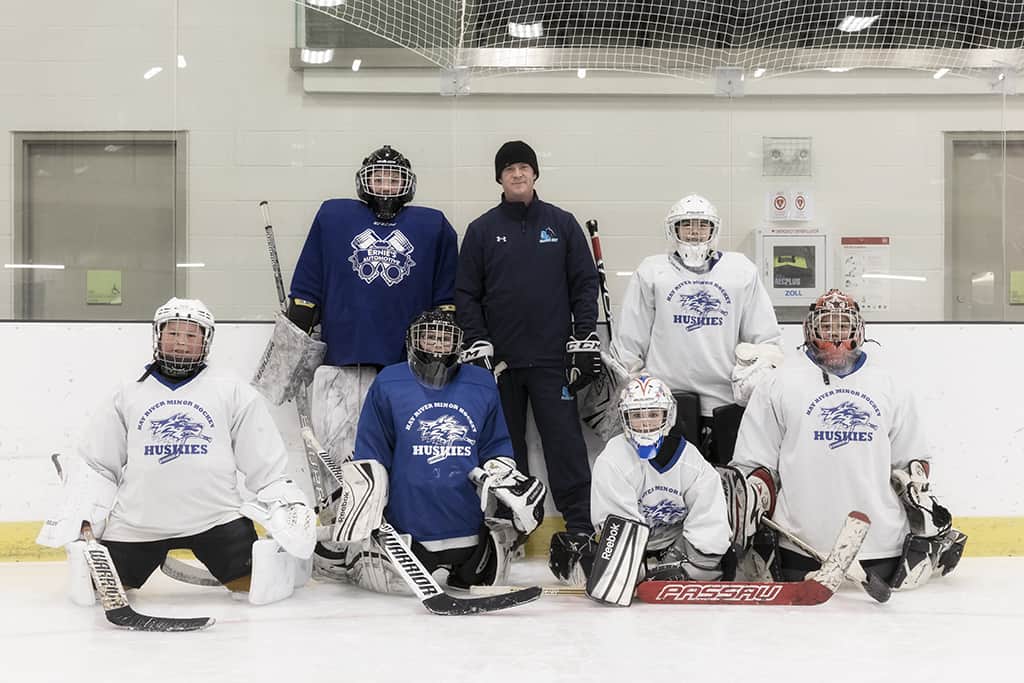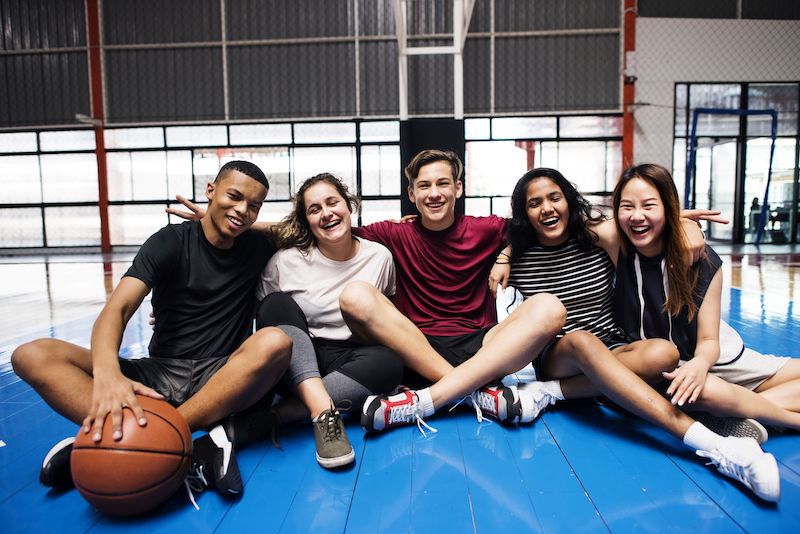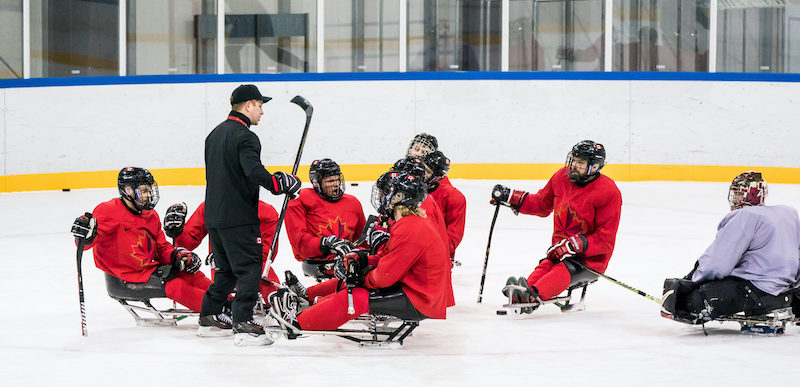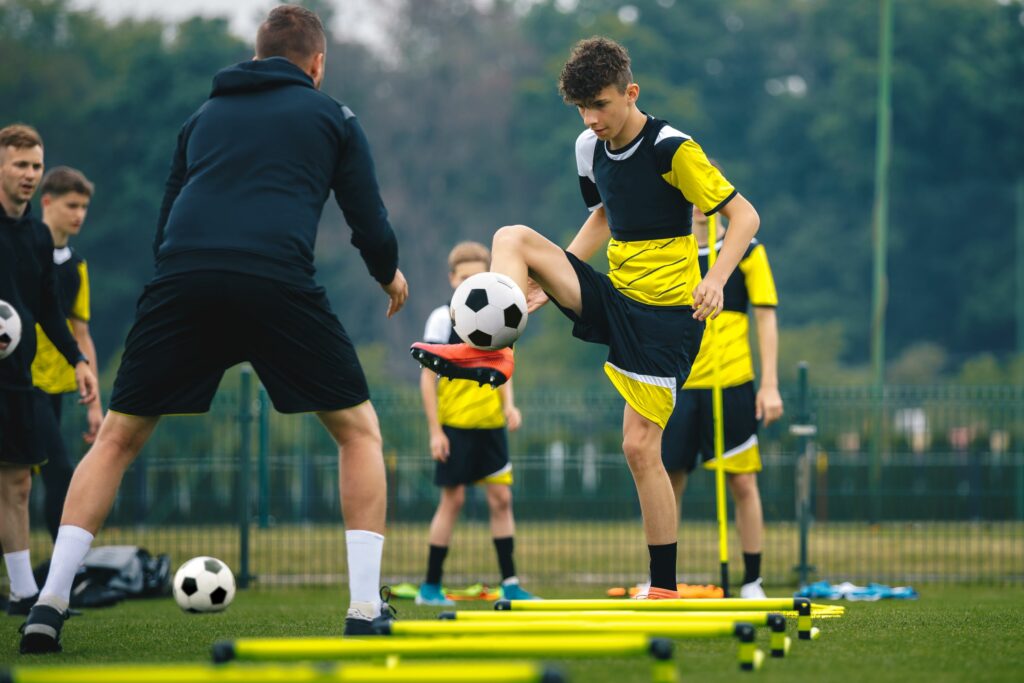Unexpected, but not a surprise: Anticipating stressors in competition

An athlete’s ability to cope with stress is crucial for performing well in competition. Many stressors can arise for athletes, including training demands, pressure to do well, conceding points, and discomfort. Most of the stress that athletes experience during competition stems from unexpected stressors. In fact, research shows that between 69% and 92% of stressors experienced by…
Psychological safety in sport
Psychological safety is believing that you won’t be punished or humiliated for speaking up about ideas, questions concerns or mistakes. Psychologically safe sport environments pave the way for greater teamwork, improved resilience, enhanced athlete satisfaction and an ability to reduce athletes’ burnout.
Making #HERstory: Girls who play on boys’ teams and supporting the lone girl in sport

On October 7, the Ontario Hockey League (OHL) kicked off its 2021-2022 season. After having a season cut short and another cancelled altogether, this season looks different for the OHL. And it isn’t because of the COVID‑19 pandemic. In June, Taya Currie became the first female athlete drafted to the OHL. Selected in the 14th round by the…
How 2 sports came together to enhance player development in the North

From February 23 to April 4, 2021, in Hay River, Northwest Territories, 7 minor hockey goalies traded in their hockey sticks for table tennis rackets. In an exciting collaboration between Table Tennis North, Table Tennis Canada, Hockey NWT, Hockey North, Hay River Minor Hockey and the Sport Information Resource Centre (SIRC), the goalies participated in a 6‑week table…
You-CAN: Peers help youth athletes with concussions through education and social support

Highlights The number of concussions reported among Canadian youth has increased annually by 10.3% between 2004 and 2015. Many concussions go unreported by youth due to their lack of knowledge, thinking it won’t make a difference, believing their friends will treat them differently and a lack of self-efficacy. Improved concussion reporting and health outcomes may happen by understanding that social networks strongly influenced youth, exploring new ways of enabling youth to help each other learn about concussion and supporting recovery after…
Concussion in Para athletes: One size doesn’t fit all

Highlights In 2020, an international group of clinicians, researchers and athletes met virtually to explore how to best assess and manage concussion in an athlete with a disability. This group’s individuals had experience and expertise in the care of Para athletes, and in the assessment, management and prevention of concussion. They named themselves the Concussion…
Concussion Awareness Week
This week is Canada’s inaugural Concussion Awareness Week, an opportunity to increase concussion awareness by providing information and encouraging action across Canada. To honour Concussion Awareness Week, the Fall 2021 edition of the SIRCuit dives into topics and issues at the forefront of concussion research and education in sport—from concussion risk and management for girls…
Is technology a coach’s ally or Achilles’ heel? 4 questions to ask

Over a coffee, we recently reminisced about different sporting environments we’ve worked in and how many times we’ve seen expensive technological solutions sit in a corner, collecting dust. Perhaps you can relate to the pattern. A new technology hits the market, and a few marquee teams or athletes adopt it. You truly believe that the…
Data-driven decision-making: Easy as 1, 2, 3

In 2017, The Economist boldly published that data, not oil, was the world’s most valuable resource (Parkins, 2017). Sport organizations produce more data than most organizations, ranging from athlete training and performance tracking to business-related information, such as memberships and participation data (Hayduk, 2020). National and provincial/territorial sport organizations (NSOs and PTSOs) are producing and…
Practice pays off
Becoming a Paralympian requires skill, dedication, resiliency, and a lot of practice. A recent study found that Paralympic athletes averaged over 6,400 hours of training during their careers.